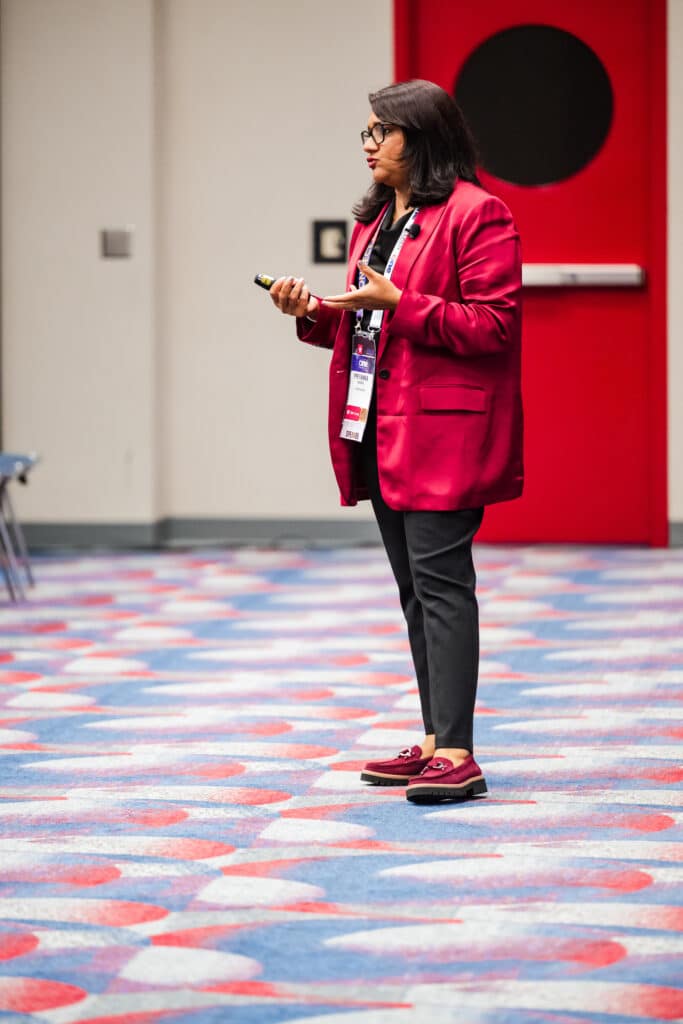Priyanka Agarwal, Director of Public Relations at J Turner Research, offered a forward-looking take on what truly builds value in multifamily housing: reputation—not just ratings, in her TAA ONE Conference session titled Disruption Alert: Stop Chasing the Stars and Start Building Your Reputation Currency.
For years, the industry has been caught up in the gravitational pull of star ratings—obsessing over five-star refreshes and scrambling when a one-star review appears. But in doing so, we’ve lost sight of the bigger picture: what drives residents to stay, renew, and refer. It’s time to reset our thinking and stop chasing stars and instead pivot to the notion of building Reputation Currency.
In the session, Agarawal redefined reputation as a tangible asset that can be earned, invested, and protected with intention. Reputation currency isn’t just a score to monitor; it’s a strategy to implement in everyday operations, from the way staff interact with residents to how decisions are made at every level. The impact? A stronger, more loyal resident base and a property that stands out in a competitive market.

The data backs up this approach: negative reviews often cite issues like customer service, communication, and unit condition—trust signals that directly affect a property’s reputation. And in a time when consumers are skeptical of online reviews, building trust is the new differentiator.
According to Agarwal, reputation currency shifts the focus from damage control to proactive trust-building. Agarwal emphasizes that every interaction, every decision, and every review response plays a crucial role in building long-term value. By viewing reputation as a bank account—where every action is a deposit or withdrawal—teams are empowered to be proactive, leading to stronger brand loyalty and better resident satisfaction.
In a world where five stars aren’t enough, what truly sets a property apart is the trust it earns—and how wisely that trust is spent.